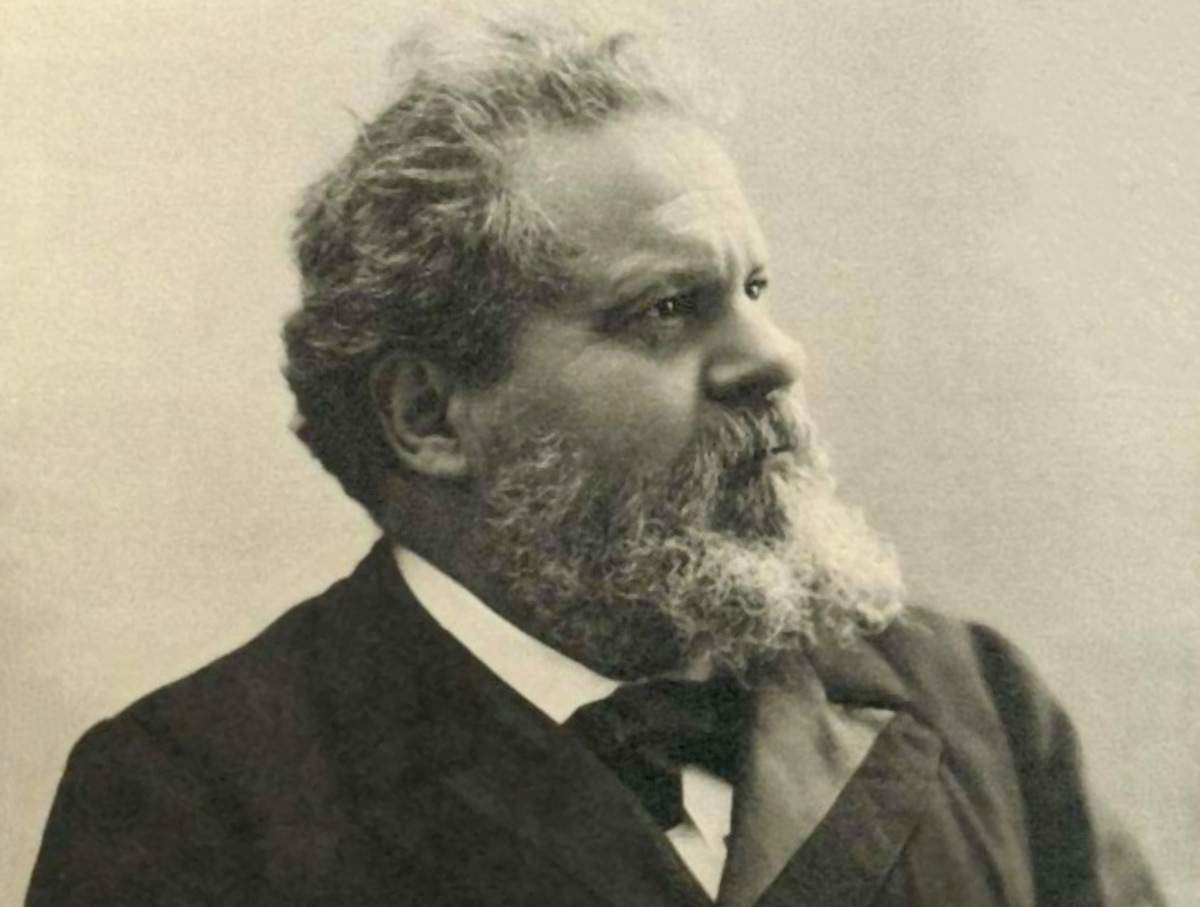The Municipality of Bologna, with the contribution of the Emilia-Romagna Region, has acquired part of the correspondence between the poet Giosuè Carducci and Countess Silvia Baroni Semitecolo. A correspondence between the poet and the wife of Count Giuseppe Pasolini Zanelli from Faenza, the “white fairy” as Carducci defined her, which will enrich the holdings of the Municipality’s Libraries and Cultural Welfare Sector and will soon be made available to scholars and the public.
The private correspondence includes a collection of 256 documents, written between 1889 and 1907, of which 181 can be traced back to Carducci; in response to Carducci’s epistles, there are the minutes of 75 letters sent by Countess Pasolini between July 23, 1902 and February 12, 1907, including the last one written four days before the poet’s death. Also present are the postal envelopes that contained most of the poet’s letters.
The acquisition of the correspondence is aimed both at preserving the integrity of the documentary nucleus, preventing it from ending up for sale on the antiquarian market with consequent dispersion, and at bringing the poet’s autograph documents into the Casa Carducci library collection, so that they can be preserved and enhanced. A project is currently underway, in collaboration with the Department of Classical Philology and Italianistics of the University of Bologna, to include the Catalogue of Giosuè Carducci’s manuscripts, edited by Albano Sorbelli and the New Appendix by Torquato Barbieri, in the archival platform of the Emilia-Romagna Region Archives ER. Upon completion of the inventory and digitization, the correspondence between Carducci and Countess Pasolini will also be placed on the same platform, and digital reproductions of the correspondence will be easily accessible to the public. The acquisition, digitization and online publication of the letters are also the first step in an enhancement program that may include public presentations, exhibition initiatives and events in connection with other Carducci houses in Romagna and Tuscany.
Carducci’s profound humanity emerges from the correspondence in the final period of his life, when he was facing physical decline due to illness. The poet retains his combative character, continually struggling with extreme feelings and prone to melancholy, but he also shows himself attached to life and eager for comfort, lest he be crushed by physical limitations and moral prostration. The intense bond with the countess builds over the years, for various reasons, and grows inversely proportional to Carducci’s physical decline. To the “white fairy,” Carducci felt free to confide his fluctuating moods and found a listening ear from a personality tried by many sorrows (the death of his three children at a young age) but not surrendering. Endowed with a high cultural level and a keen artistic sensibility, the countess was at the center of a salon that gathered prominent artists, men of letters and musicians in the summer residence of the Pasolini-Zanelli counts, today’s Villa Silvia in Lizzano di Cesena.
“The acquisition of this private Carducci correspondence is a further step toward enriching the archival heritage of Emilia-Romagna, which has recently seen the commitment of the Region, together with local institutions, to theacquisition of the Marcovigi-Pascoli fund, with an unpublished poem by the poet, the Giovanni Zaffagnini photographic fund dedicated to Romagna, and the Romano Rosati photographic fund, documenting post-World War II Parma,” said Regional Culture Councillor Mauro Felicori. “The subsequent digitization of these materials will allow everyone, not just scholars, to access a cultural heritage of great richness and variety.”
 |
| Bologna City Council acquires part of the correspondence between poet Giosuè Carducci and Countess Silvia Baroni |
Warning: the translation into English of the original Italian article was created using automatic tools. We undertake to review all articles, but we do not guarantee the total absence of inaccuracies in the translation due to the program. You can find the original by clicking on the ITA button. If you find any mistake,please contact us.